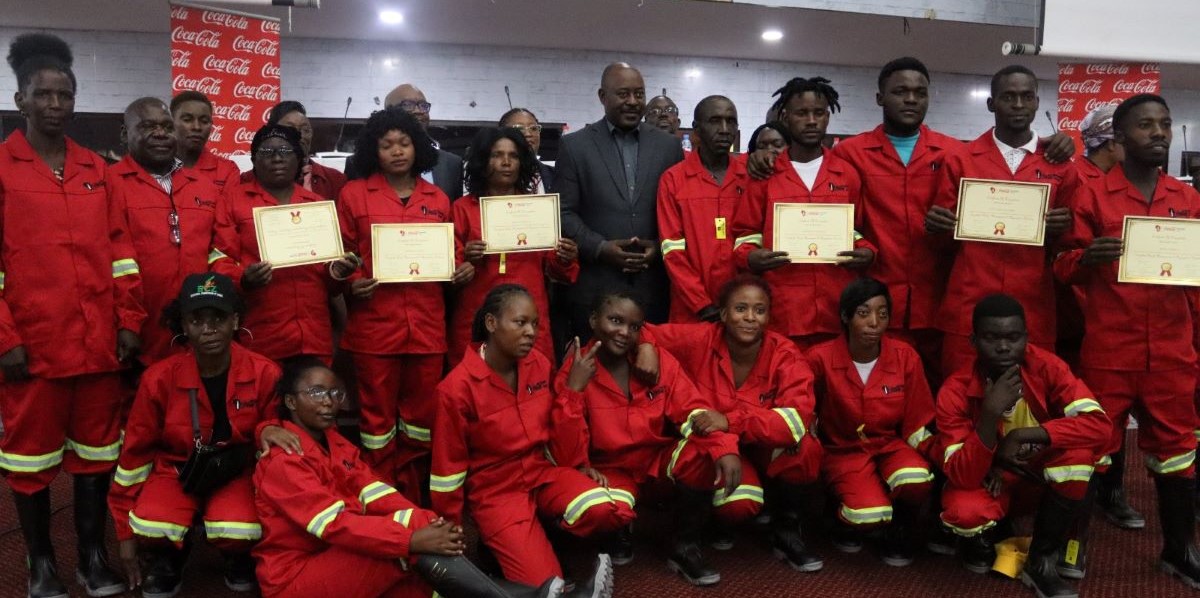(3 Minutes Read)
Coca-Cola Beverages Africa (CCBA) has conducted a waste management program for over 300 women and youth aimed at combating plastic waste in Zambia
Coca-Cola Beverages Africa (CCBA) has conducted a waste management program for over 300 women and youth aimed at combating plastic waste in Zambia.
The program launched in 2018, has been instrumental in training and equipping women and youth with skills and knowledge in waste management. The participants were taken through a three-day course from 11 October, starting with theory that covered various topics, including waste management, recycling, and entrepreneurship, followed by a site visit to a landfill, and finishing with a visit to recyclers.
The program was part of the company’s commitment to promoting sustainable practices and protecting the environment. The graduates also received support from CCBA in the form of start-up kits to enable them to start their waste management businesses. This initiative is aimed at empowering graduates to create employment opportunities for themselves and others in their communities.
Read Also:
https://trendsnafrica.com/cec-announces-registration-of-usd-200-million-green-bond-zambias-first/
https://trendsnafrica.com/bank-of-zambia-increases-interest-rate-by-100-basis-point/
CCBZ is a subsidiary of Coca-Cola Beverages Africa. It has committed to investing to help put an end to the plastic waste crisis, working in partnership with The Coca-Cola Company which launched a sustainable packaging initiative called World Without Waste in 2018. As a group, Coca-Cola Beverages Africa has committed to collecting a bottle or can for every one it sells by 2030, making all its packaging 100% recyclable by 2025, having 50% recycled content in its packaging by 2030, and making 25% of its packaging reusable by 2030. According to a report, Zambia generates over 1.3 million tons of waste annually, with only 10% of the waste being collected and disposed of properly. This has led to the pollution of the environment and a negative impact on public health.





